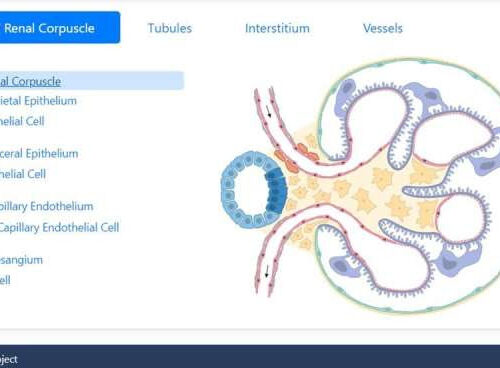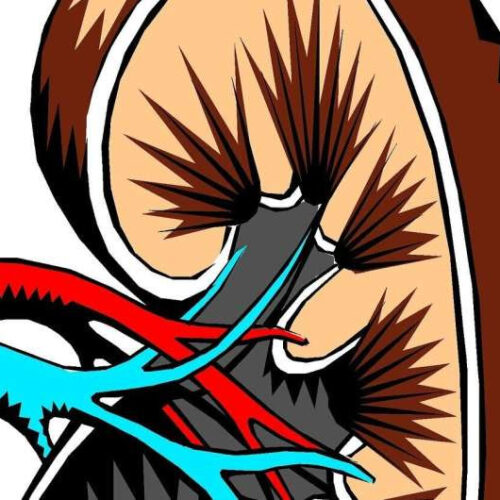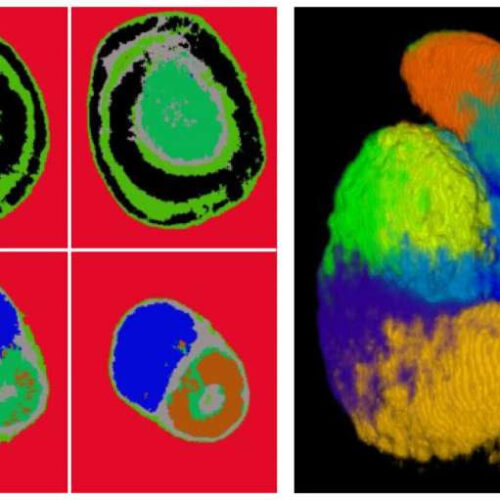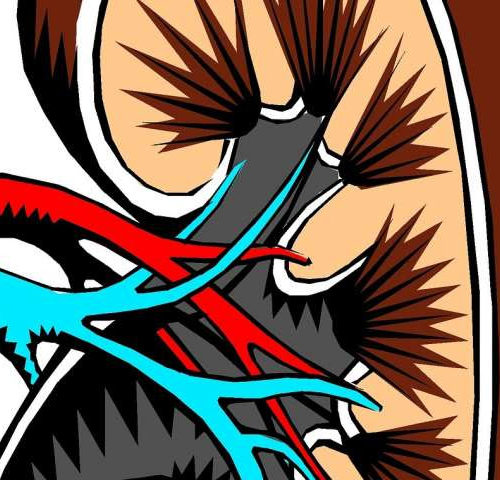by Thamarasee Jeewandara , Medical Xpress An interactive cellular atlas representing the glomerulus and renal capsule of the kidney. Image downloaded via https://atlas.kpmp.org/explorer/ Credit: Science Advances (2022). DOI: 10.1126/sciadv.abn4965 A team of researchers including Jens Hansen, Rachel Sealfon, Rajastree Menon, and colleagues of the Kidney Precision Medicine Project, built on an existing specific human kidney tissue atlas relevant to...
Tag: <span>human kidney</span>
Research in human kidney organoids reveals target to prevent irreversible kidney damage
by Massachusetts General Hospital Credit: Pixabay/CC0 Public Domain To a certain extent, kidneys have the capacity to repair themselves after being injured, but a switch can occur from such intrinsic repair to incomplete repair that leads to irreversible damage and chronic kidney disease (CKD). A team led by researchers at Massachusetts General Hospital (MGH) recently...
Study traces the blueprints for how human kidneys form their filtering units
by Keck School of Medicine of USC Machine learning of complex protein patterns predicts precursor cell populations in the developing nephron. The nephron is the filtering unit of the kidney. Credit: Nils Lindström/McMahon Lab/USC Stem Cell When it comes to building a kidney, only nature possesses the complete set of blueprints. But a USC-led team of...
New protein neutralizes COVID in tiny human kidney
by Northwestern University Credit: CC0 Public Domain Northwestern Medicine scientists have developed a new protein that acts as a trickster to neutralize the COVID-19 infection in a human kidney organoid, a miniature organ made from stem cells in the lab. The protein is a variant of ACE2 (angiotensin converting enzyme-2), the receptor the coronavirus uses to enter and...




